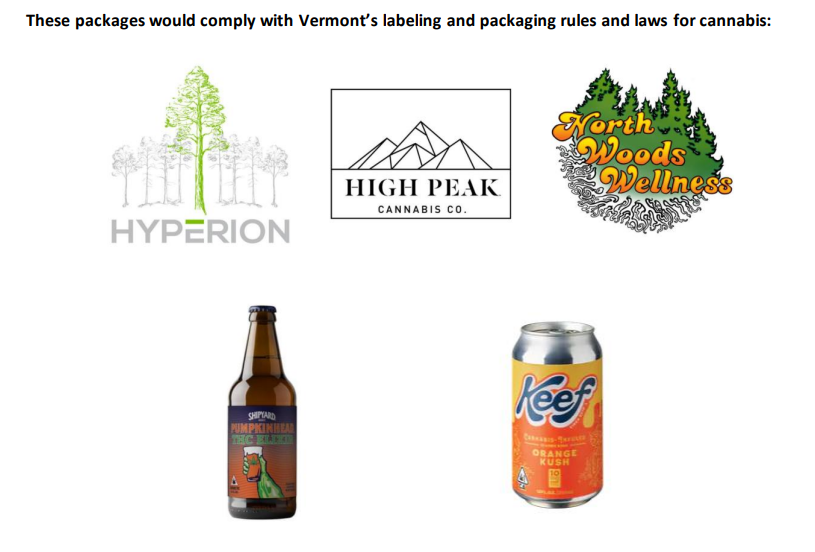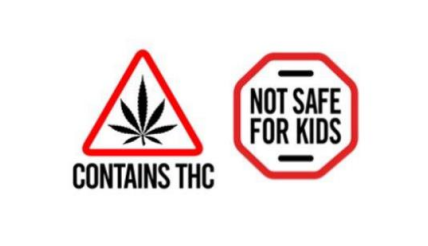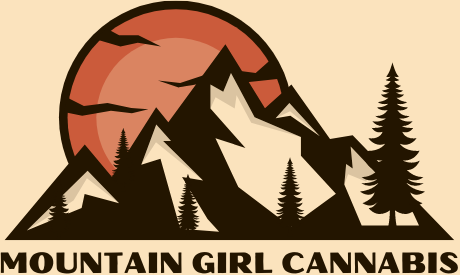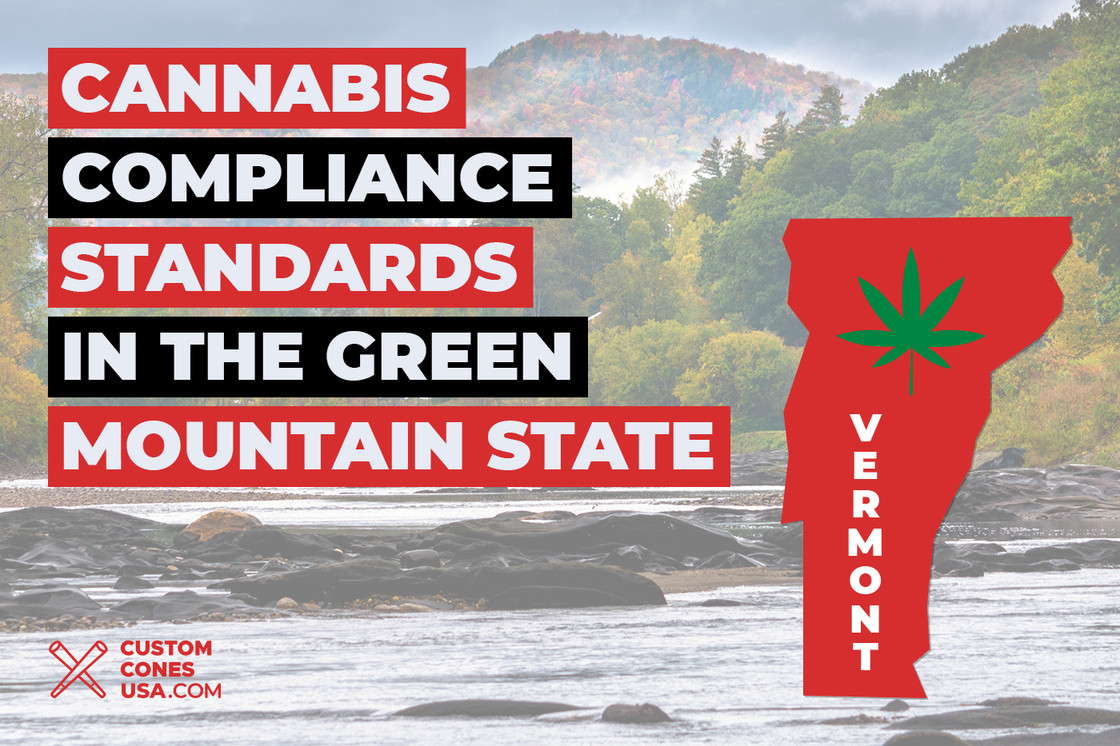Vermont Cannabis Compliance Regulations and Laws for Businesses
Posted by Custom Cones USA on Oct 31st 2022
The Status of Cannabis in Vermont
Vermont legalized recreational cannabis on January 22, 2018. However, the recreational sale and tax of cannabis was only approved later in 2020.
Most other states used ballot measures to vote on legalization, whereas Vermont’s legislature introduced and passed the bill itself. While Vermont’s legalization of cannabis is unique, the presence of compliance laws for the weed industry is not.
Below, we’ll dive into the rules and regulations for operating recreational cannabis stores and facilities in the state. That way you’ll know exactly what to expect as the Vermont cannabis market continues to open up this year!
The Cannabis Legalization Process In Vermont
Vermont couldn’t use a ballot measure to legalize cannabis because the state has no method for popular petition process. All decisions surrounding legalization and decriminalization have to be introduced by lawmakers and, sometimes, signed by the governor.
Even with this hurdle, the state did legalize medical marijuana in 2004 with Senate Bill 76, though, while the governor did allow it pass, he withheld his signature. Possession of up to an ounce was decriminalized in 2013 and the possibility of recreational legalization was circulating as early as 2014.
Recreational cannabis was finally legalized in 2018 by H.511 (again without a signature from the governor) which was an amended version of a vetoed bill from 2017. Even after legalization, the means for sale in Vermont was not defined until 2020 with retail operations scheduled to begin in October 2022. This bill was also, you guessed it, unsigned but allowed to pass.
Vermont Cannabis Laws
What cannabis licenses are available in Vermont?
There are a number of different licenses available from the Cannabis Control Board (CCB) for recreational cannabis businesses in Vermont. Each one comes with a specific application fee:
Outdoor Cultivation - $750-$34,000
Indoor Cultivation - $1,500-$75,000
Mixed Cultivation - $2,250-$19,500
Manufacturer - $750-$15,000
Retailer - $10,000
Wholesaler - $4,000
Testing Laboratory - $1,500
Integrated - $100,000
Depending on the size of your operation, the price for an indoor or outdoor cultivation license varies. The same goes for manufacturer licenses based on allowable extraction type and the gross revenue cap per year. All licenses must be renewed annually.
The purpose of most other licenses can be determined from their name and don’t have stipulations relating to size or production. However, Vermont also offers an all-in-one integrated license which allows you to engage in any of the activities laid out by the other licenses. This is obviously the most expensive license and is only available to applicants that hold a dispensary registration on April 1, 2022.
What cannabis products can you sell in a dispensary in Vermont?
Many of the common cannabis products will be legal to sell in Vermont dispensaries come October. This includes flower, resin, pre-rolls, and extracts. Uniquely, Vermont retailers will be able to display cannabis “deli-style” for customers, allowing them to smell and inspect cannabis products before purchasing them.
Still, there are some specific rules outlining what cannabis items you CAN’T sell in the state of Vermont:
- Cannabis flower with greater than 30 percent THC
- Solid concentrate cannabis products with greater than 60 percent THC
- Oil cannabis products except for those that are sold prepackaged for use with battery-powered devices
- Flavored oil cannabis products sold prepackaged for use with battery-powered devices and any cannabis flower that contains characterizing flavor that is not naturally occurring in the cannabis
- Cannabis products that contain delta-9 THC and nicotine or alcoholic beverages
- Any cannabis, cannabis products, or packaging of such items that are designed to make the product more appealing to persons under 21 years of age
What are the packaging requirements for cannabis in Vermont?
Vermont requires all packaging for cannabis and cannabis products to display the strain and variety, THC (milligrams) in total and per serving, and the date the contents were produced. The packages must also not be designed to be more appealing to anyone under the age of 21. Specifically, “Packaging may not use toys, inflatables, movie characters, cartoon characters, child-friendly depictions of food, or other consumables.”

Retailers are also required to display at point of sale a flyer designed by the CCB containing safety information and offer a copy to anyone who makes a purchase.
Vermont makes further distinctions between cannabis pre-rolls and flower and edibles or items that have been infused with THC, as pure flower items only need to be in child deterrent packaging (i.e. packaging that discourages children under 5 from reaching the contents). This is not the case for infused cannabis products, which must be in Child Resistant packaging— a standard federally maintained by the Consumer Product Safety Commission.
Infused items and edibles must also be in opaque packaging, a standard upheld in multiple locales for all types of cannabis products.
What are the labeling requirements for cannabis products in Vermont?
The Vermont government offers guidance on how to label packaging for those business owners wondering how to label packaging to CCB standards.
Like most states, Vermont requires certain health statements and images to appear on all marijuana packaging. This includes a red label warning of THC content, and a label warning about the effects of smoking cannabis products.
The below should be displayed in an easy to read font such as Ariel, Times New Roman, or Helvetica, in 10pt size or larger:



What are the rules for operating a dispensary in Vermont?
Along with the licensing restrictions, all owners, principals, and employees of a cannabis retailer must obtain an identification card issued by the CCB. You can begin the process of applying for ID cards here.
Vermont also requires buffer zones of 500 ft between schools and cannabis retail locations. However, there are no clearly outlined rules for measuring this buffer zone, so retailers should consult legal counsel if they believe they might be in violation.
Is there a tax on cannabis in Vermont?
A 14% excise tax will be placed on all retail purchases of recreational cannabis. While this is a pricey tax rate, it closely mirrors that of other states like Arizona, which has a 16% tax rate, and Colorado, which has a 15% state retail tax on marijuana.
Dispensaries just opened earlier this month in Vermont, so we will see at the end of the fourth quarter what kind of tax benefits legal cannabis brings to the Green Mountain State soon! A 14% excise tax will be placed on all retail purchases of recreational cannabis. While this is a pricey tax rate, it closely mirrors that of other states like Arizona, which has a 16% tax rate, and Colorado, which has a 15% state retail tax on marijuana.
Dispensaries just opened earlier this month in Vermont, so we will see at the end of the fourth quarter what kind of tax benefits legal cannabis brings to the Green Mountain State soon!
Unique Cannabis Rules and Laws in Vermont
Social Equity and Economic Empowerment Applicants
While quite a few other states have Social Equity applications for cannabis businesses, Vermont has another option called an Economic Empowerment application.
The Social Equity application is available for a sole proprietor or businesses proven to be 51% owned by a Social Equity applicant. It provides reduced fees for licensing and grant funding. The criteria for this application includes people who:
Are black or hispanic; or
Have served time for a cannabis related conviction; or
Have a family member who has served time for a cannabis related conviction; or
Can demonstrate they are from a community that historically has been disproportionately impacted by cannabis prohibition and that they have been personally harmed by that impact.
However, any applicants who don’t meet those criteria but still come from historically disadvantaged communities are able to submit an Economic Empowerment application. While this doesn’t provide the same financial benefits as Social Equity applications, they will be prioritized when reviewing license applications.
Weed Brands to Watch in Vermont

While sales haven’t officially started yet, Mountain Girl Cannabis was the first Vermont retailer to receive a Social Equity license. Based out of Rutland, the company will offer a variety of cannabis products, from flower to concentrates, even if the only items currently available on their site are hats and t-shirts.
Originally called Champlain Valley Dispensary, Ceresmed has been providing medical marijuana to the residents of Vermont since 2012. With a solid infrastructure in place their transition to recreational sales should be a smooth one. They will sell a variety of flower, edible, concentrates, and CBD derived products.


Lastly, the only other company currently possessing a retail license in the state is Flora Cannabis. They will be operating out of Middlebury and their main goal is to provide a safe and educational shopping experience to every customer, regardless of their experience with marijuana.
In Conclusion
We’ve certainly passed the days when recreational cannabis was an untrodden business, but it’s clear there are still going to be opportunities to enter new markets as more and more states move to legalize. The upcoming launch of Vermont’s recreational sales is one of these opportunities and promises to be a fantastic field for businesses to grow.
This should especially be true for smaller, local entrepreneurs. Where more established markets, such as California, Colorado, and Washington all have top contenders dominating sales, Vermont will have some time before any one brand comes out on top.
Ready to make your mark in the Vermont cannabis industry? Our Pre-Roll Experts are on standby to help you with whatever you need to start or scale your pre-roll line!










